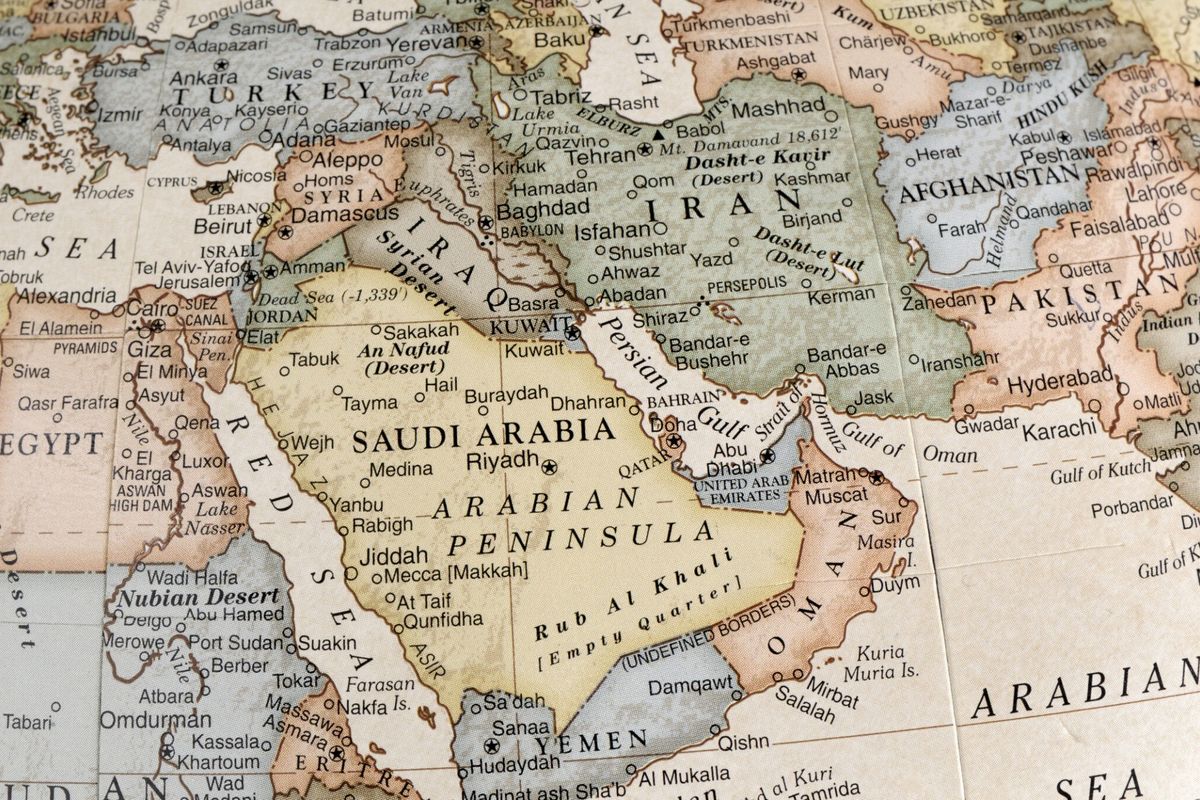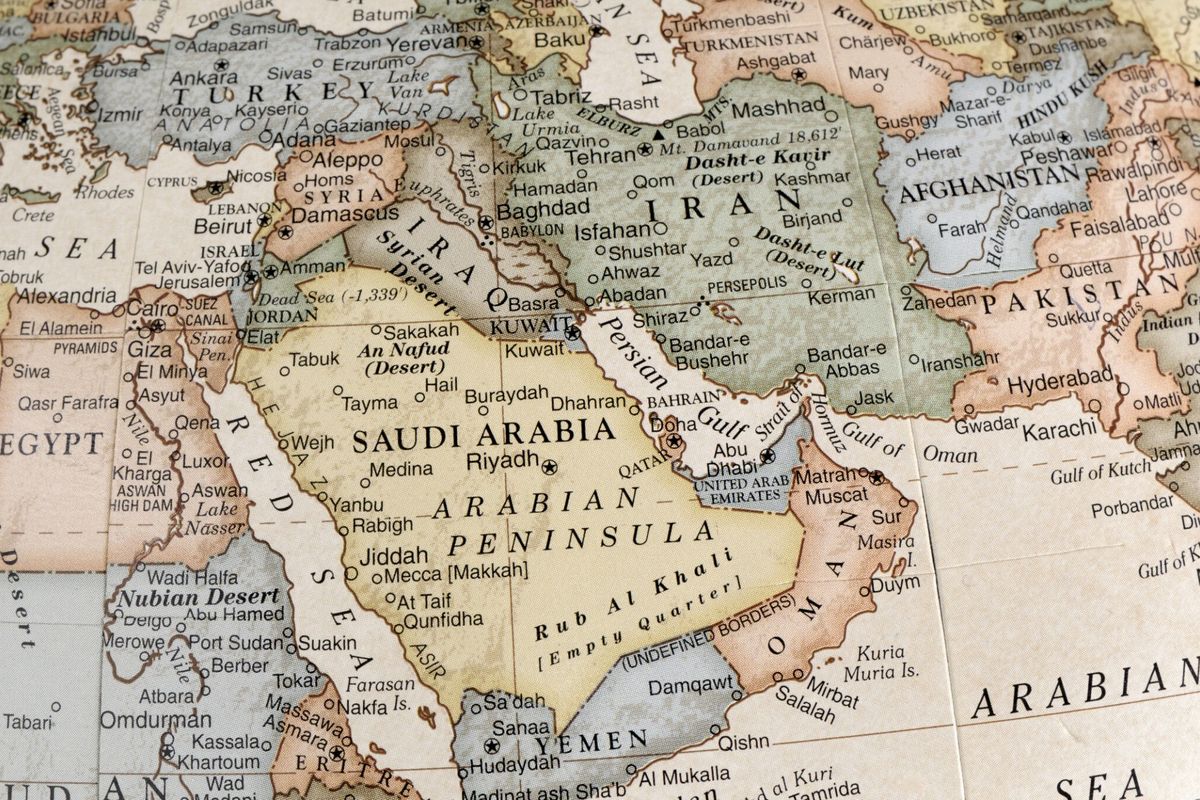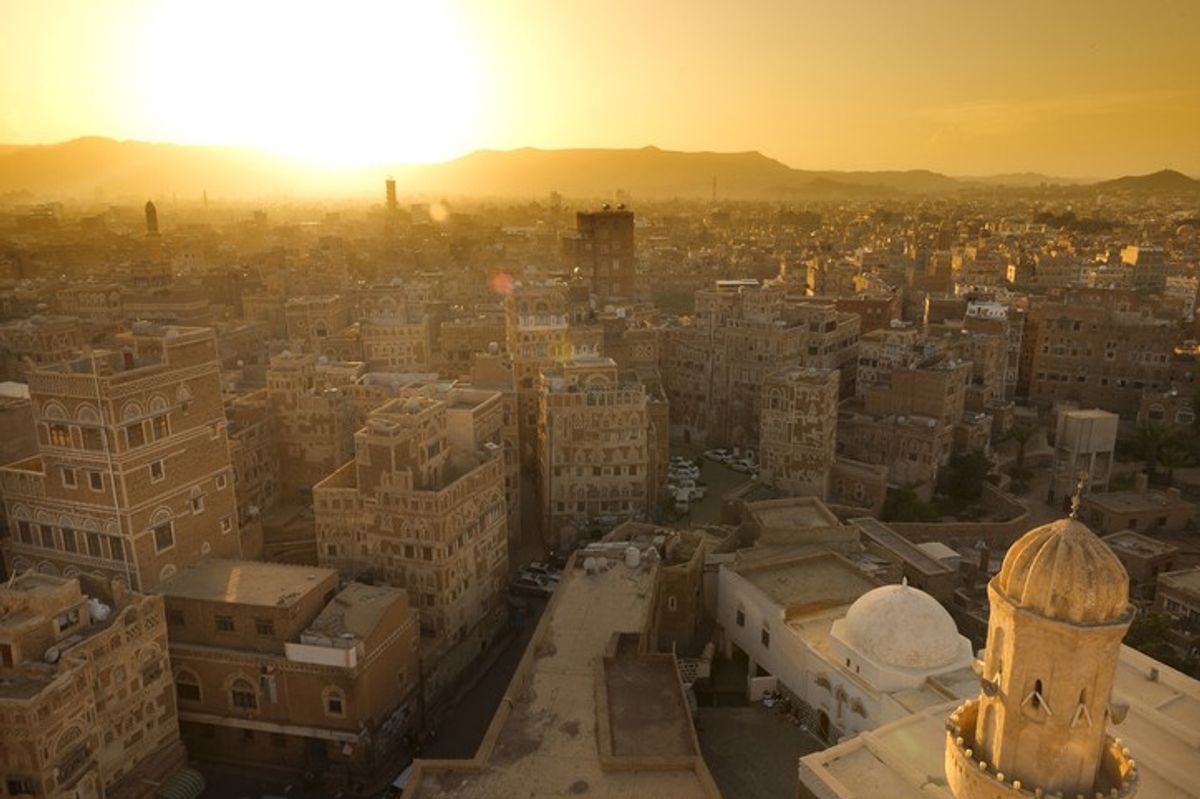Before leaving Saudi Arabia last week for a long holiday in Morocco, King Salman issued a decree officially putting his young son, Crown Prince Mohammed bin Salman, in charge during his absence.
Under the Saudi system, that was a routine step because crown princes have often become, in effect, acting kings during royal absences. But in the case of Prince Mohammed, known as MbS, it took on new significance because he had already taken control of most of the government anyway and has clearly put himself in position to succeed his 81-year-old father sooner rather than later. His rapid and relentless reach for power has paid off.
King Salman is officially the prime minister, and the crown prince is his deputy. Because of Salman’s age and questionable health, the energetic, ambitious MbS was the de facto name at the top of the government’s organization charts. He is minister of defense and chairman of the interagency committee that runs the country’s economic affairs, including oil policy.
A few days before he took off for Morocco, King Salman issued a package of decrees that transferred the police and other domestic security forces from the ministry of interior to a new agency that will report to the prime minister – that is, in effect, to MbS.
“A new authority to be called ‘the Presidency of State Security’ will be established, to deal with whatever concerns the Security of the State, with its head to be reporting to the Prime Minister,” one of the decrees said. “The following departments, currently part of the Ministry of Interior, will be annexed to the new Presidency of State Security: Investigations, special security forces, special emergency forces, security aviation, technical affairs, national information center, and other departments in charge of combating terrorism, its finance and financial investigation. Whatever concerns security of the State, including civil and military personnel, budgets, documents, and information will also be transferred to the new authority.”
Until June, the Interior Ministry was the domain of Prince Mohammed bin Nayef (MbN), who was also crown prince and probably the second most powerful man in the kingdom after the King himself. Then, as some Saudi-watchers had been predicting since MbS’s meteoric rise began two years ago, King Salman removed MbN as crown prince and booted him from all his government positions, leaving the palace doors open for MbS.
In the short term, this upheaval is likely to have little impact on the daily lives of most Saudis. The kingdom is ensnared in multiple domestic and international crises that command more urgent attention: the war in Yemen, the boycott of neighboring Qatar, and the continuing low price for oil, which has forced Saudi Arabia to borrow money on the international and domestic bond markets.
But the Interior Ministry under MbN was Saudi Arabia’s reliable and generally effective bulwark against terrorism and Islamic extremism. Last year, according to the State Department’s annual terrorism report, “The Saudi Arabian government continued to build and reinforce its capacity to counter terrorism and violent extremist ideologies. Both ISIS [the Islamic State] and, to a lesser extent, al-Qaeda in the Arabian Peninsula (AQAP), continued to encourage individual acts of terrorism within the Kingdom. ISIS inspired and launched individual lethal attacks in the Kingdom primarily targeting Saudi security forces and Shia residents. Despite the attacks, Saudi Arabia maintained a high counterterrorism operational tempo, made a number of highly publicized arrests of terrorist suspects, and disrupted active terrorist cells across the Kingdom. Saudi security forces also continued to confront the threat from AQAP, although the group’s activity was diminished. ISIS attacks against Saudi security forces, Shia mosques and community centers, and Western targets in Saudi Arabia and other Gulf Cooperation Council (GCC) states in 2016 underscored the ongoing threat posed to Saudi Arabia and the region by ISIS, which Saudi Arabia worked closely with both Western and GCC partners to address.”
The United States had worked closely with MbN and his staff for years to develop counter-terrorism strategies, train field operatives, and share intelligence. He was a trusted partner in the effort to contain terrorism in the Middle East and Europe.
It may well be that the officials and agents who are transferred to the new security department will continue their work as before, while reporting through a new chain of command. What the United States loses is the personal rapport with MbN and the knowledge of Interior Ministry operations that have been developed over the past decade.
With the latest palace shuffle, the only powerful force that the crown prince does not control is the National Guard, a 100,000 man force that has both domestic security and some national defense responsibilities and has been trained and equipped by the United States since 1975.
The guard is widely viewed as superior in discipline and capability to the regular armed forces. “They’re very loyal, responsive, tough fighters,” according to retired Gen. Martin Dempsey, former chairman of the Joint Chiefs of Staff who as a brigadier served as chief of the U.S. advisory mission. “When you see them, it’s time to go back inside.”
The guard’s commander is Prince Miteb bin Abdullah, son of the late King Abdullah bin Abdul Aziz. Speculation has already arisen the Gulf about how long it will take for Prince Miteb to be shoved aside by MbS.













